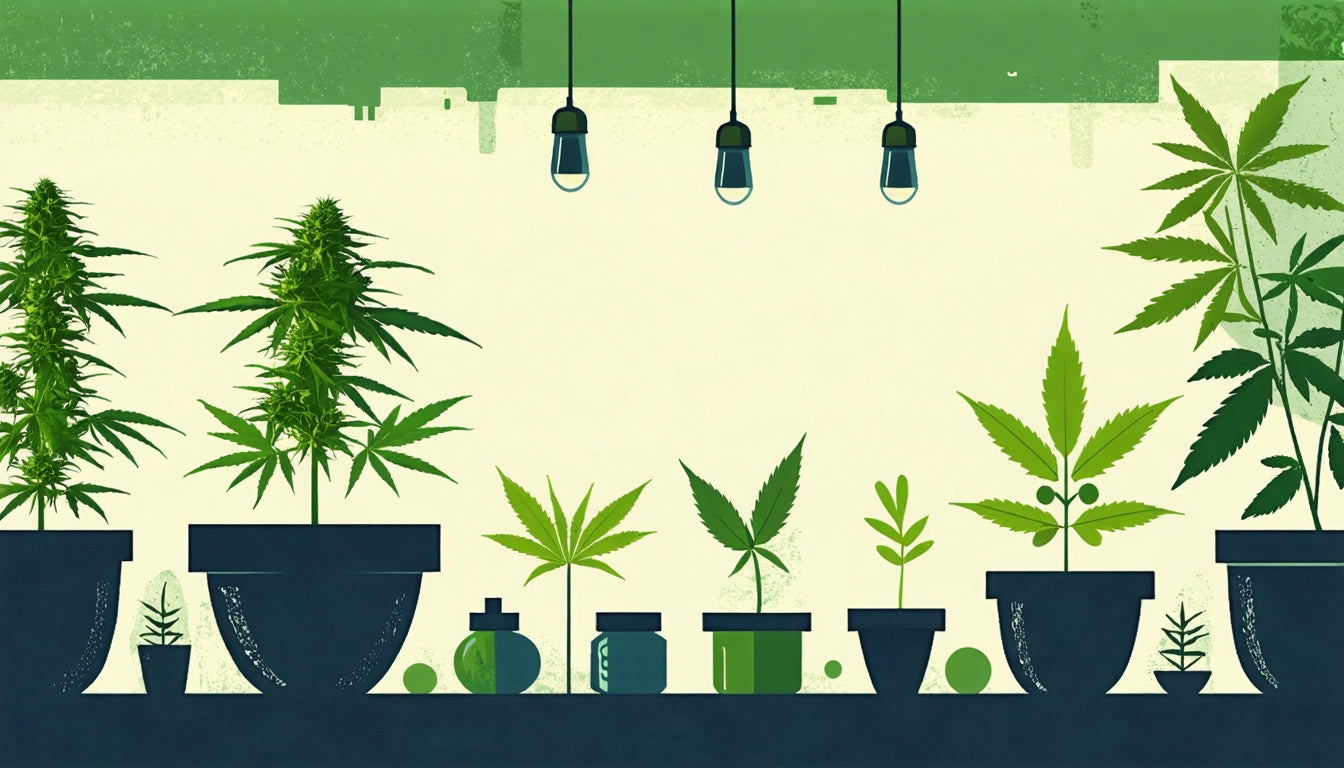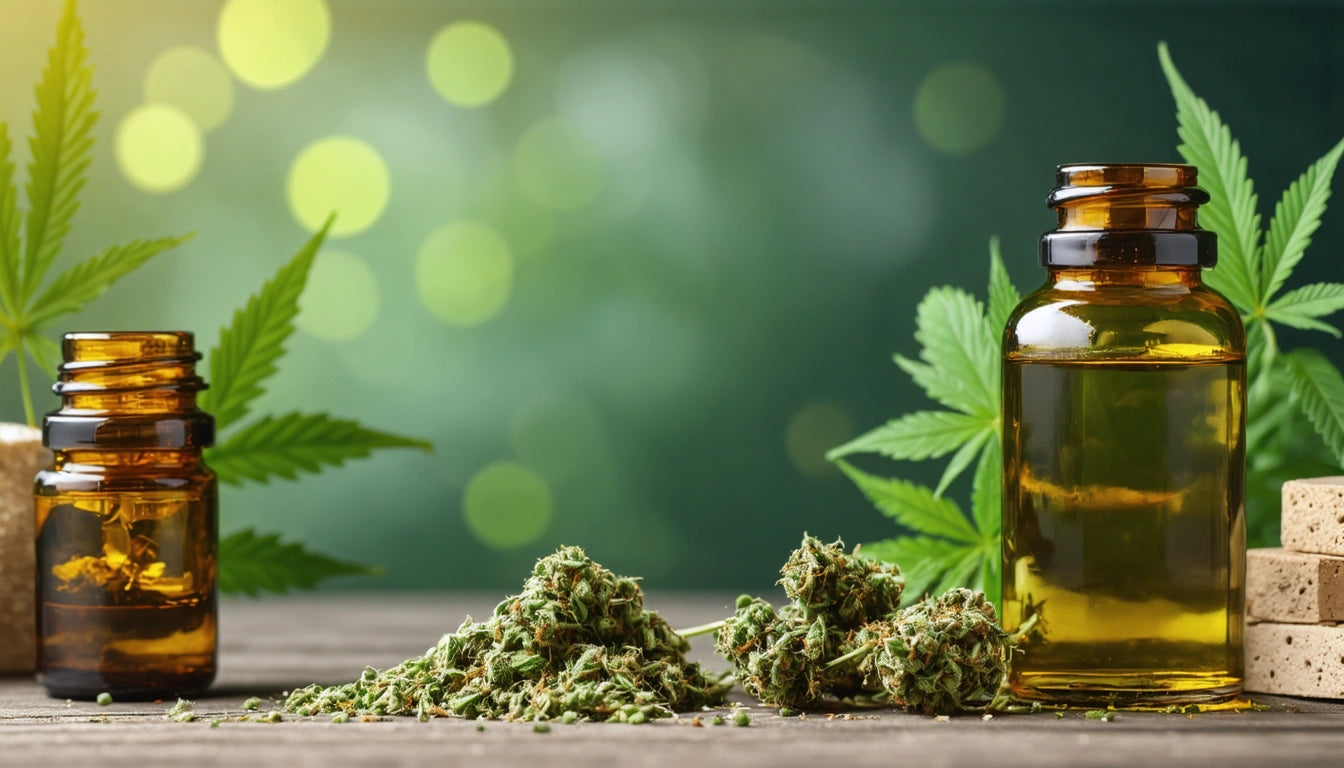Table of Contents
The Health Risks and Benefits of Pot: Is It Good or Bad for You?
The debate over whether pot is good or bad for your health continues to evolve as research expands and societal attitudes shift. Cannabis, commonly known as pot, has been used for thousands of years for medicinal, recreational, and spiritual purposes. Today, as legalization spreads across many regions, understanding the potential benefits and risks becomes increasingly important for informed decision-making.
Understanding Pot: What It Is and How It Works
Before diving into whether pot is beneficial or harmful, it's essential to understand what it is and how it affects the body. Pot refers to the dried flowers, leaves, stems, and seeds of the Cannabis sativa or Cannabis indica plant. The primary psychoactive compound in cannabis is delta-9-tetrahydrocannabinol (THC), while cannabidiol (CBD) is a non-psychoactive compound often associated with therapeutic effects.
These compounds interact with the body's endocannabinoid system, which plays a role in regulating various physiological processes including mood, appetite, pain sensation, and memory. Understanding pot's meanings and uses provides context for how it has been integrated into various cultures and medical practices throughout history.
Potential Health Benefits of Pot
For those wondering why pot is good for you, research has identified several potential therapeutic applications:
- Pain management, particularly for chronic pain conditions
- Reduction of nausea and vomiting during chemotherapy
- Muscle spasticity relief for multiple sclerosis patients
- Appetite stimulation for people with HIV/AIDS or cancer
- Potential anti-inflammatory effects
- Possible benefits for certain forms of epilepsy
Some studies suggest cannabis may have potential in treating or managing symptoms of various conditions. However, it's important to note that research is ongoing, and many potential benefits require more rigorous scientific investigation before definitive claims can be made.
Health Risks and Concerns
When examining why pot is bad for your health, several concerns emerge from scientific research. These risks vary based on frequency of use, potency, age of first use, and individual susceptibility.
Mental Health Impacts
One of the most significant concerns regarding pot use is its potential impact on mental health. Research has suggested possible associations between heavy cannabis use and:
- Increased risk of anxiety and paranoia, especially with high-THC products
- Potential worsening of symptoms in those predisposed to schizophrenia or other psychotic disorders
- Possible impacts on brain development when used regularly during adolescence
- Risk of dependence and cannabis use disorder in some users
The impact of pot on brain health remains an active area of research, with studies showing varying results depending on usage patterns and individual factors.
Physical Health Considerations
Physical health concerns related to pot use include:
- Respiratory issues when smoked, similar to tobacco but typically less severe
- Potential cardiovascular effects including increased heart rate
- Possible digestive issues in some users
- Impaired coordination and reaction time, increasing accident risk
The question of how dangerous is pot largely depends on context. Unlike substances such as alcohol or opioids, there are no documented cases of fatal overdose from cannabis alone. However, marijuana can cause digestive issues and other health concerns that should be considered when evaluating its overall safety profile.
Debunking Common Myths About Pot
Misinformation about cannabis abounds, making it difficult to determine whether pot is good or bad. Some common myths include:
-
Myth: Pot can kill you through overdose.
Fact: While cannabis can cause uncomfortable side effects in high doses, there are no documented cases of fatal overdose from cannabis alone. -
Myth: All cannabis use leads to addiction.
Fact: While cannabis use disorder affects approximately 9% of users, most people who use cannabis do not develop dependence. -
Myth: Cannabis definitively causes or cures cancer.
Fact: The relationship between cannabis and cancer is complex and still being researched. Exploring the relationship between pot and cancer reveals both potential risks and benefits that require further study.
When considering proper cannabis storage and usage, many consumers rely on specialized packaging designed for safety and freshness. Quality storage solutions like mylar bags help maintain potency while providing child-resistant features that address safety concerns.
Responsible Consumption Practices
For those who choose to use cannabis, responsible consumption practices can help mitigate potential risks:
- Start with low doses and go slow, especially with edibles
- Avoid driving or operating heavy machinery while under the influence
- Consider vaporizing instead of smoking to reduce respiratory risks
- Be aware of product potency and THC:CBD ratios
- Understand how different consumption methods affect your experience
Understanding how consuming pot affects your high can help users make informed choices about consumption methods and dosages.
Weighing the Benefits and Risks: A Balanced Perspective
When evaluating whether pot is good or bad for health, context matters significantly. Factors to consider include:
- Individual health status and predispositions
- Reason for use (medical vs. recreational)
- Frequency and method of consumption
- Age and developmental stage
- Legal status in your region
The debate over legalizing pot continues to evolve as more research emerges about both potential benefits and risks. Rather than viewing cannabis as inherently good or bad, a nuanced approach recognizes that its effects vary widely based on numerous factors.
For those with specific health conditions, consulting healthcare providers familiar with cannabis medicine can provide personalized guidance. For recreational users, understanding potential risks and practicing moderation can help maximize benefits while minimizing potential harms.
As research continues to evolve, our understanding of cannabis's complex effects on human health will undoubtedly become more refined, allowing for more informed decisions about its use for both medical and recreational purposes.











Leave a comment
All comments are moderated before being published.
This site is protected by hCaptcha and the hCaptcha Privacy Policy and Terms of Service apply.